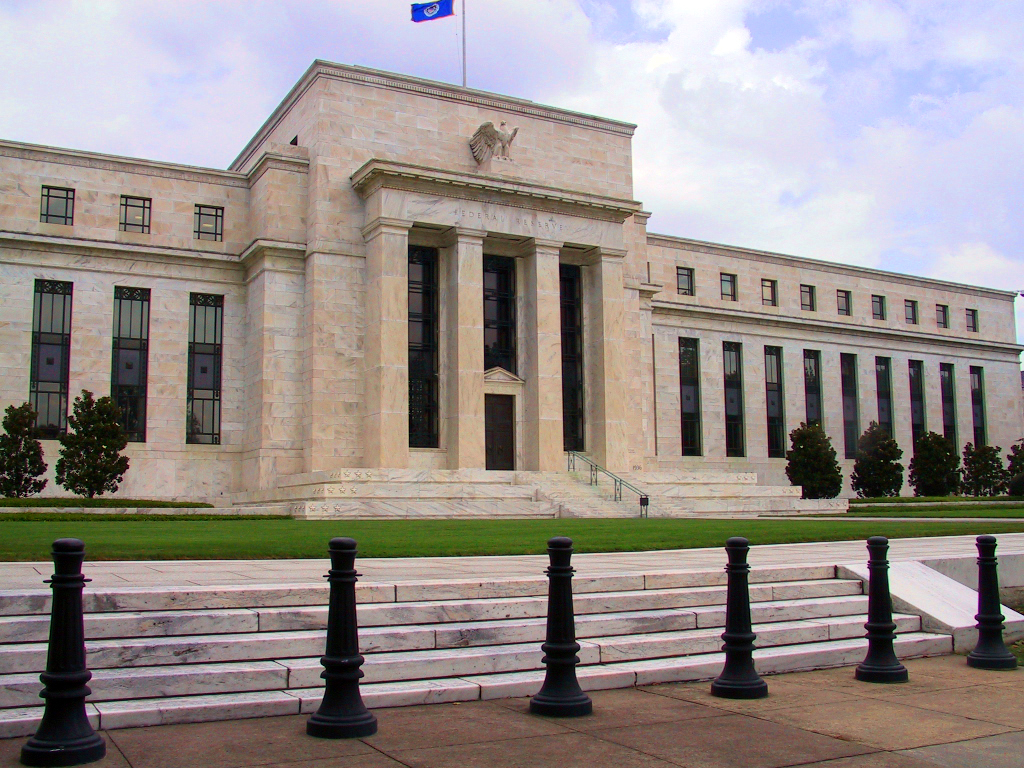By Greg Faenza/For The Diamondback
On Oct. 29, 2008, the Federal Reserve cut the key interest rate to 1 percent after a two-year stint during which rates hovered above 5 percent. The Fed slashed rates to make the cost of borrowing cheaper, and corporate debt was now on sale. This resulted in most firms taking on debt in one capacity or another, leading to a very positive impact on market valuations. Since bottoming out in 2008, the Dow Jones industrial average has sprinted from 8,000 to 18,000 in just eight years. And if you think that’s good, the Nasdaq has almost tripled during this time. A taxpayer-funded spending stimulus surely aided this rally, but it’s fair to say that the Fed has tools to support a weakened market when necessary. The only thing is, we as citizens need the Fed in a position to use these tools, or the next crisis won’t be nearly as forgiving.
Our Federal Reserve has held down interest rates for far too long. Labor market signs aren’t great, but unemployment is below 5 percent. The labor participation rate freefall has subsided as wages have begun to increase. Nobody is going to suggest that this recovery has been strong, but markets are cyclical, and eight years later, it’s time for us to think ahead. There are two major reasons why we need to raise rates now.
The first argument is simple yet crucial: We need to raise rates so if the economy bursts another asset bubble, or we just find ourselves with poor, negative growth, we still have a fighting chance to overcome it. In the 2008 (housing) financial crisis, this is exactly what we used interest rates for. If another bubble — insert student debt — were to implode on us soon, our strongest, most sensible tool to fight this would not be with us. Without being able to slash interest rates to boost the market, the effects of an economic crisis would be worse and longer-lasting. Some might argue that raising interest rates is what caused the financial crisis in the first place. I prefer the more conventional thinking: The financial crisis is what caused the financial crisis — banks were irresponsible. Financial institutions operating primarily on debt and making poor loans is what caused the crash, not a marginal interest rate bump on the cost of borrowing.
The second reason is less obvious but equally important. Keeping interest rates this low for a long period of time is not natural. Almost all businesses take on debt in one form or another. It’s how they find the funds for research and development while paying wage and administrative costs. Pushing rates to essentially 0 percent makes the cost of this liability nearly free and thereby encourages companies to take on debt. Cue stock prices rising to unreasonably high multiples of earnings and we’re left with a recipe for disaster: highly leveraged companies needing to make up unreasonable amounts of growth each quarter. Management teams could be responsible and decide not to meet these unreasonable growth expectations, but how many CEOs survive their jobs when their companies’ stock prices head south? With hopes of keeping their jobs, executive teams would most likely engage in higher-risk projects that could potentially meet their growth requirements. When corporate boards start making decisions just based on short-term profitability, we’re more likely to see unethical, illegal and irresponsible actions.
If you need an illustration of this point, look at Citigroup Inc., whose stock price rose by more than 1,000 percent from 1994 to 2006. Extraordinary growth expectations pushed management at the already highly leveraged bank to invest aggressively in mortgage-backed securities. We don’t need to repeat history — we know this was a bad idea. As logic suggests, companies cohesively engaging in short-term, high-risk endeavors seriously endanger the long-term prosperity of our economy.
Raising rates might have negative short-term effects on the dollar, and in turn, U.S. companies and the stock market. However, the U.S. not raising interest rates could have killer effects globally through prolonged economic stagnation. Let’s arm the Fed with the tools it needs to fight a future recession. Let’s be responsible in growing our companies. Let’s raise interest rates.
Greg Faenza is a senior economics and finance major. He can be reached at gregfaenza@comcast.net.



